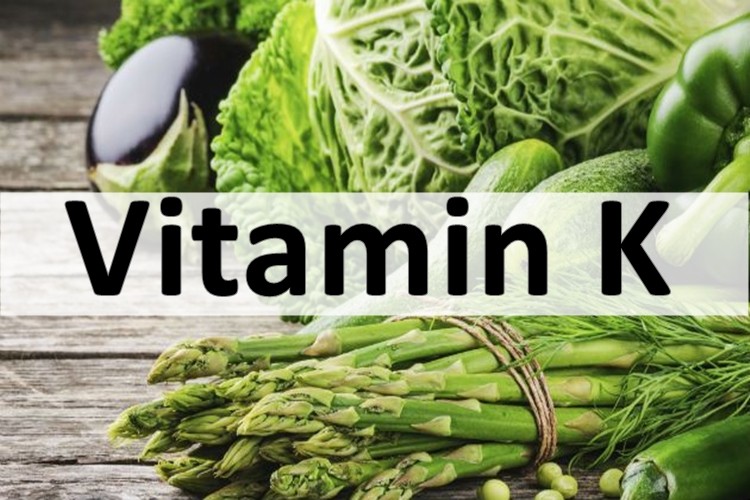
Vitamin K is a fat-soluble vitamin that was discovered in 1929 as a major blood clotting agent. Vitamin K Plantquinone, or Vitamin K 1, is found in sources of plants, which can be converted into bacteria in vitamin 2, or so-called menaquinone, which can store the body, and absorption in the small intestine, And is found in some animal sources and fermented foods. So let’s know about vitamin k sources and the benefits of vitamin k.
Vitamin K is very important for the strengthening of our bones. If there is a lack of vitamins ‘K’ in your body, there is a lot of bleeding on injury or cut because Vitamin K’s blood helps in clotting. If this vitamin has a lot of body fat loss, then sometimes your body parts can have internal bleeding, which is very dangerous.
Pregnant women are essential for the development of vitamins’ embryo. Apart from this, it is necessary to protect against many-body problems. But do you know what foods you get from vitamin K? Let us tell you about 5 vegetables, which you get from a lot of vitamins.
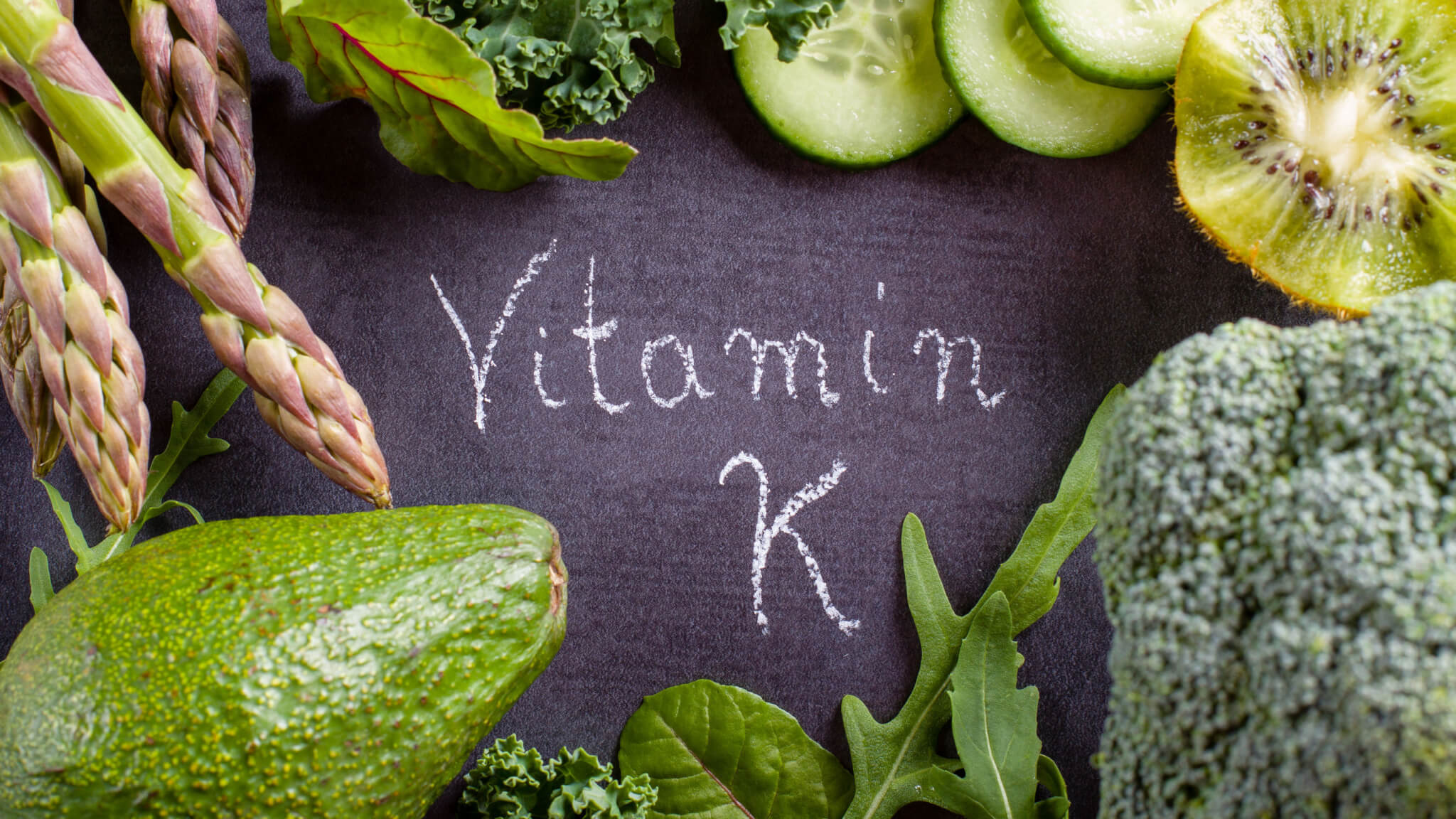
Need Of Vitamin K Per Day:
- 0-6 months old baby – 2 microgram per day
- Infant between 7 to 12 months – 2.5 micrograms per day
- Children 1 to 3 years- 30 microgram per day
- Children 4 to 8 years – 55 micrograms per day
- Children 9 to 13 years old – 60 microgram per day
- Children 14 to 18 years old – 75 microgram per day
- People above 19 years – 90 microgram per day
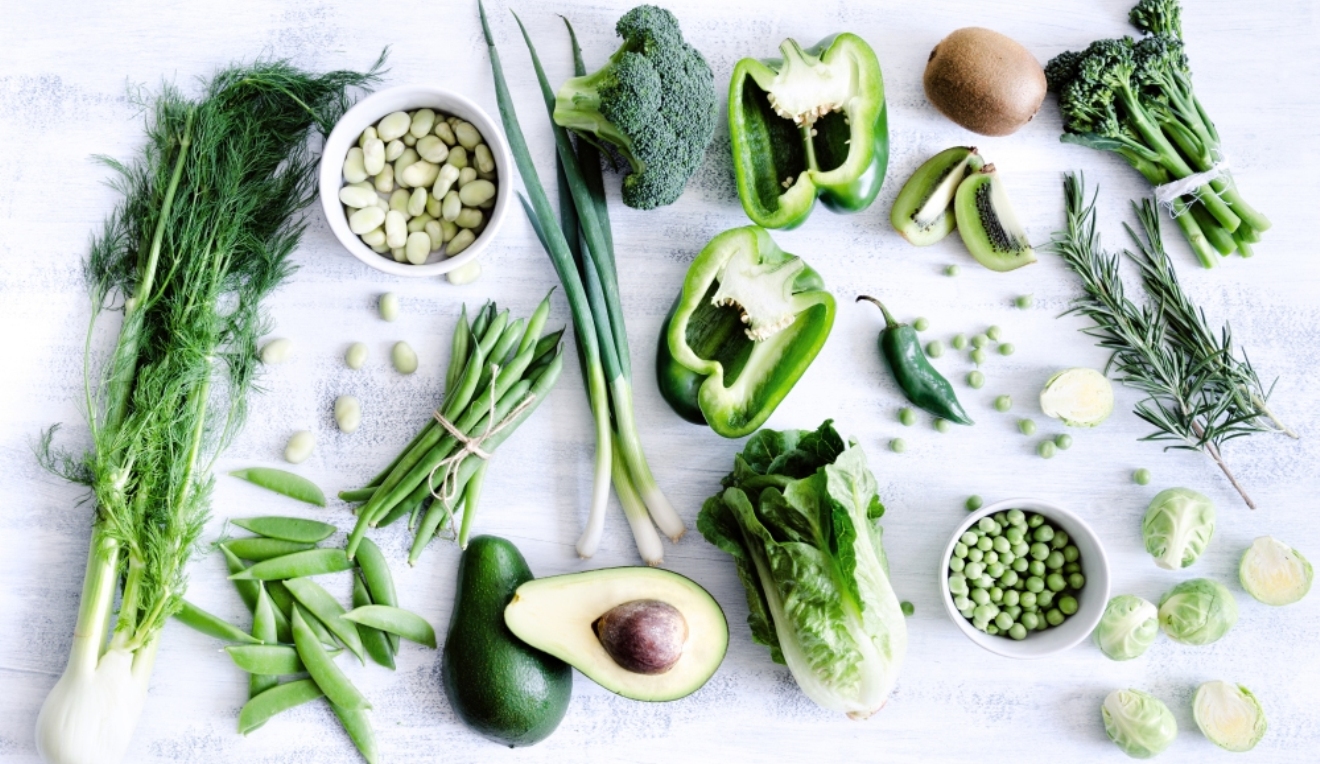
Types Of Vitamin K:
There are two types of vitamins, Vitamin K -1 and Vitamin K-2. Vitamin K-1 is a vitamin that we get from plants like fruits, vegetables and leafy foods etc. Vitamin K-2 is a vitamin that comes from animals such as foods made from milk and milk etc. You must eat these diets to meet the shortage of vitamins in the body.
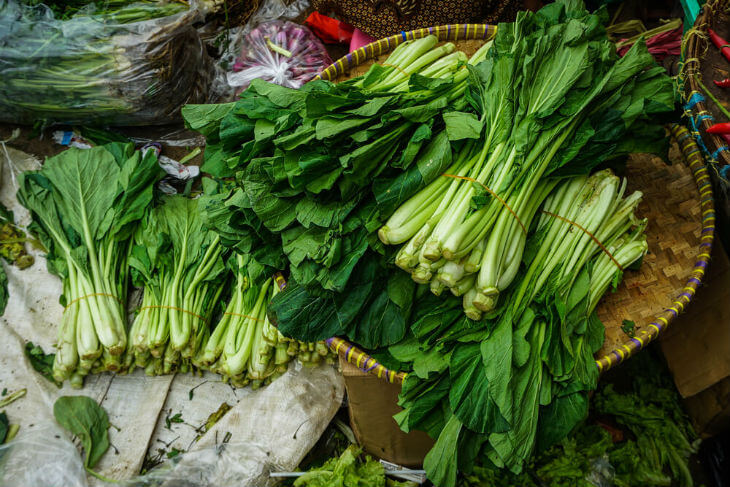
Benefits Of Vitamin K:
- Vitamin helps in the formation of insulin in the body, as well as maintains the level of sugar in the blood.
- According to research, Vitamin k creates a protein called osteocalcin which is soluble in fat and helps to reduce obesity.
- Vitamin ‘K’ strengthens bones and prevents calcium accumulation in the arteries. This reduces the risk of heart disease and heart attack.
- Due to vitamin ‘K’, the digestive system works properly in the body and does not even have problems related to the stomach.
- Due to this, calcium is absorbed in the bones, and the bones become strong.
- Vitamin k helps fight against stomach, colon, liver, mouth, prostate and nose cancer.
- Consumption of plenty of fruits from this also prevents anti-angering problems.
- Vitamin k protects the brain from oxidative stress due to damage to free radicals. Oxidative stress can cause damage to brain cells and cause diseases such as Alzheimer’s, Parkinson’s.
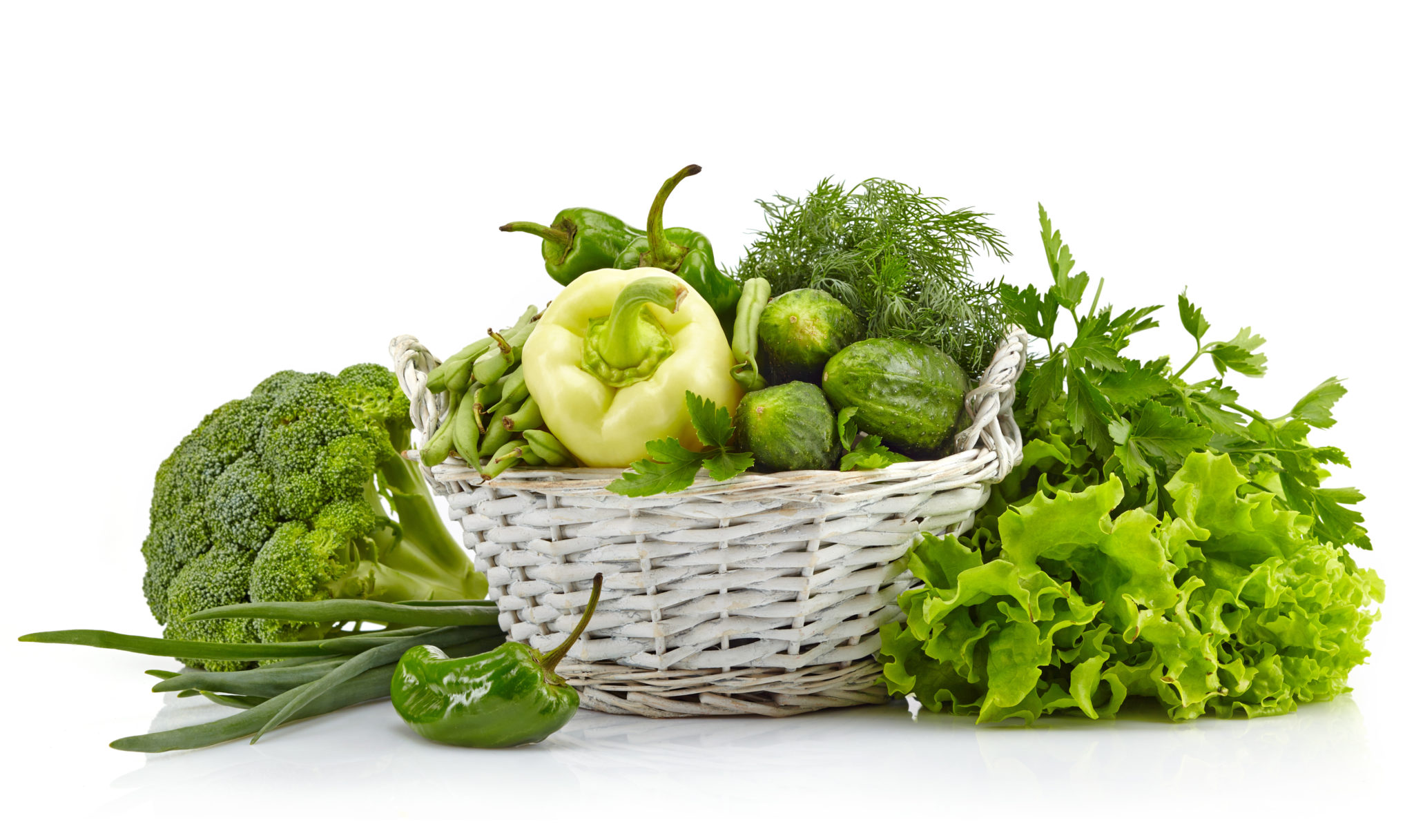
Vitamin K Sources:
Like other vitamins and minerals, the body also needs vitamins. If there is a deficiency of vitamins in the body then the chances of bone weakness are increased. Therefore it is necessary to consume enough vitamins. Some foods can be consumed to remove vitamin deficiencies. These foods help to keep your body healthy with the removal of vitamin K deficiencies. So let us tell you which foods are good vitamin k sources.
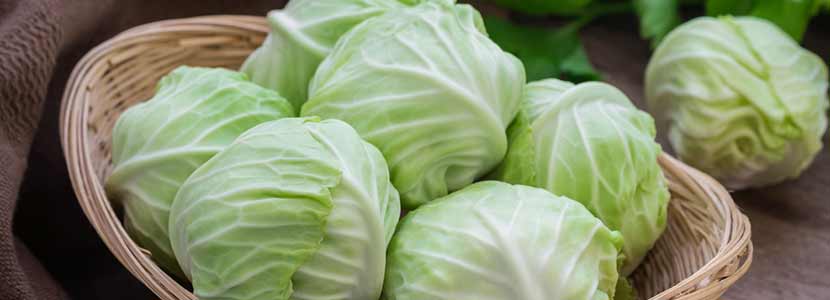
Cabbage And Cauliflower:
Cabbage is one of the best vitamin K sources. Apart from this fiber is also found in abundance. A cup of cabbage contains 53.2 micrograms of vitamins. Apart from cabbage, there is also the amount of vitamins in the cauliflower, so its consumption is also beneficial for you.
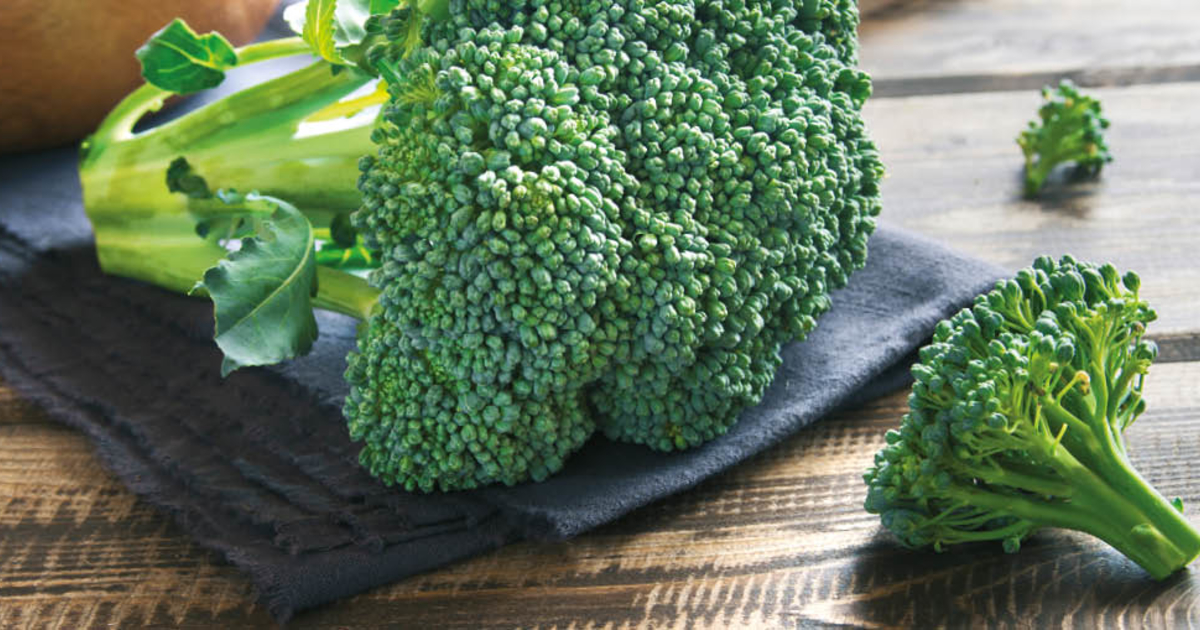
Broccoli:
Broccoli is one of the best vitamin K sources. There are many phytochemicals and antioxidants in the broccoli. One cup contains about 220 micrograms of vitamins. Apart from this, iron, protein, calcium, carbohydrate, chromium, vitamin A and vitamin C are also found. Broccoli can be cooked or even raw. Although its vegetable can also be cooked, it is more beneficial to boil it.
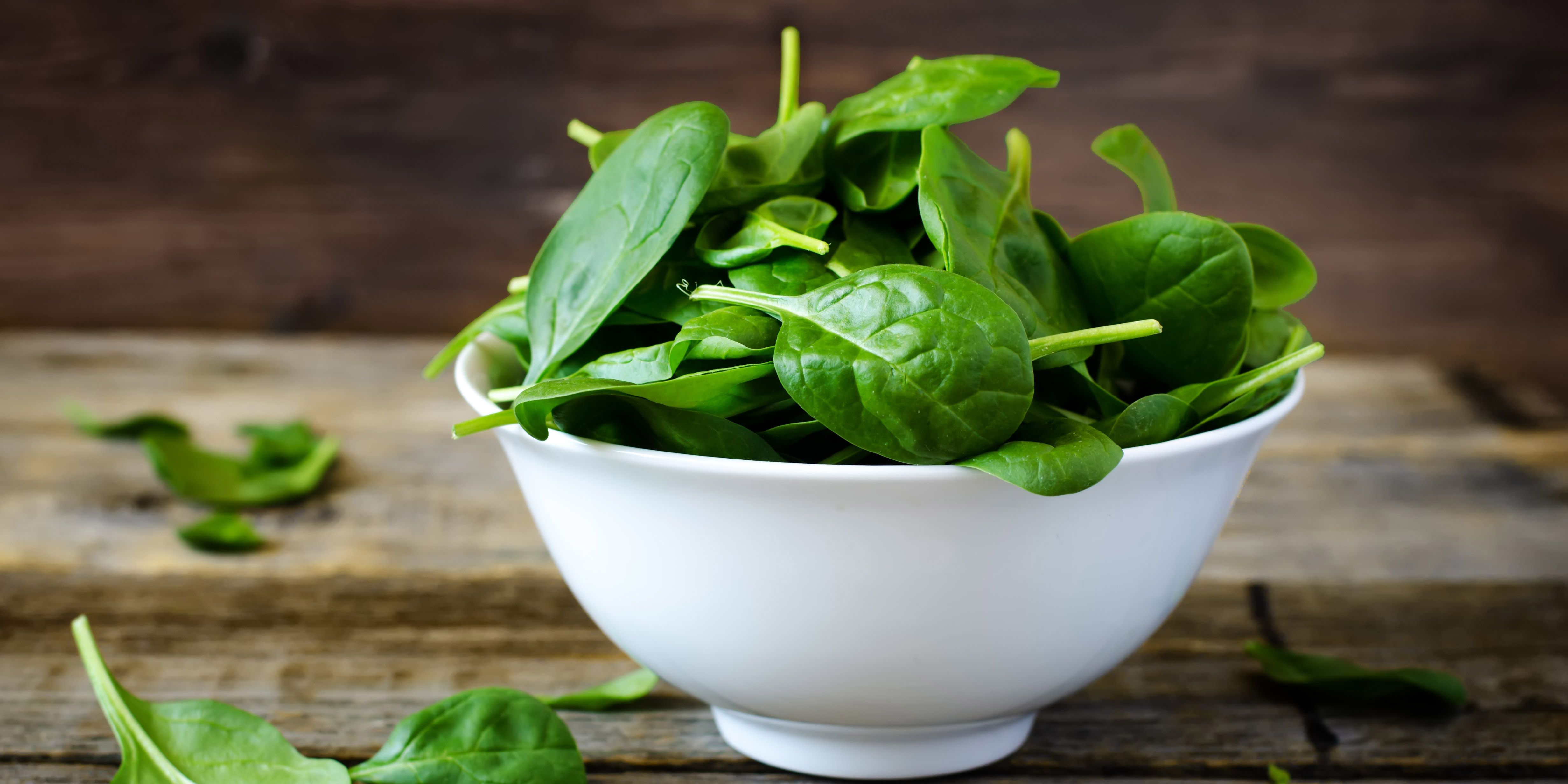
Spinach:
The spinach is found to be rich in iron and vitamin. That is why spinach is considered to be the best vegetable to remove anemia. In addition, the spinach is considered to be the source of vitamin A and beta carotene. Vitamin is very much found in spinach, so its intake is beneficial for bones too. There are about 1027 microgram nutrients in one cup of this. Spinach is another best vitamin K sources.
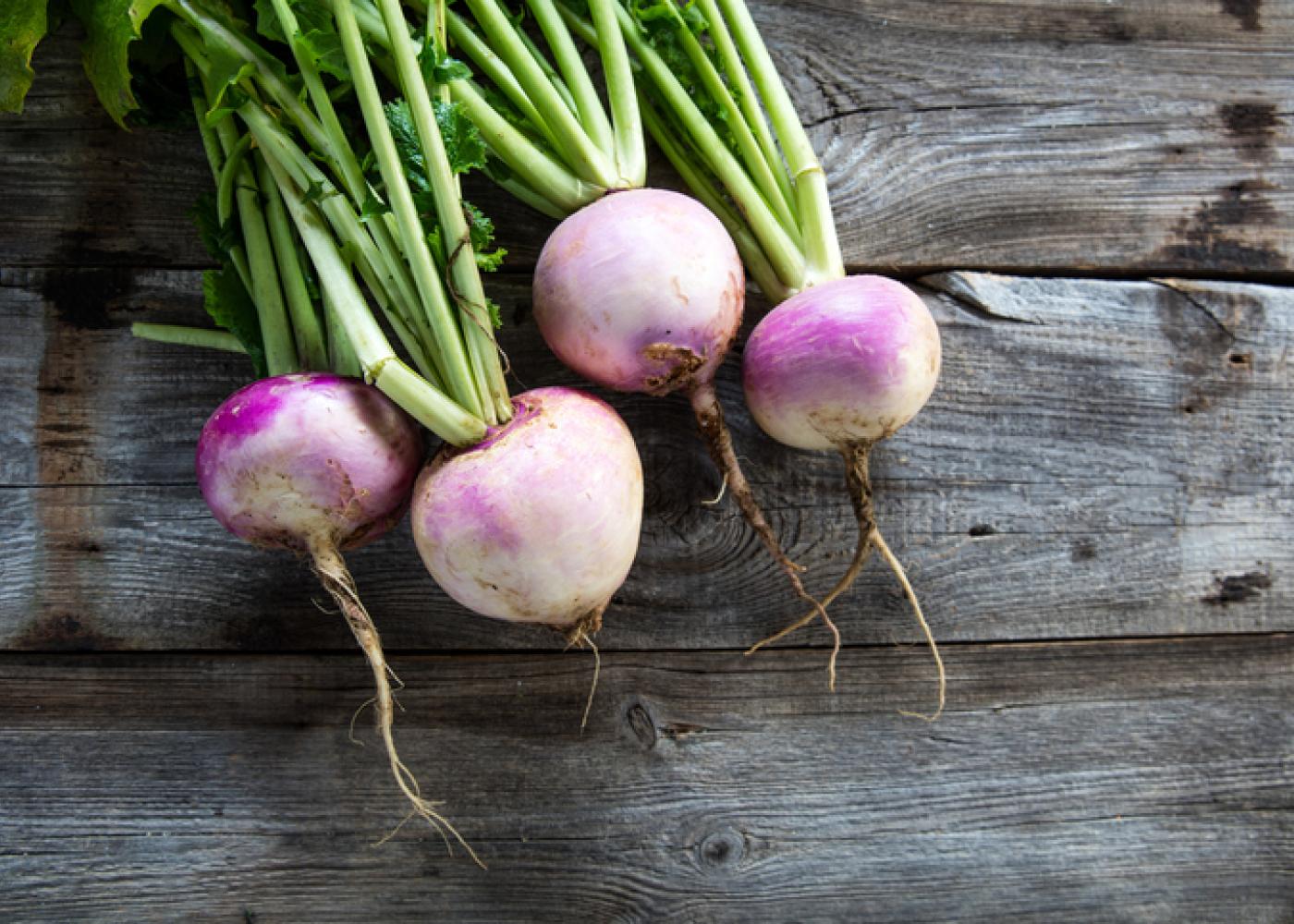
Turnips:
Turnip is a nutritious vegetable but most people do not know about it. Turnip is very beneficial for eyes and bones because it contains both vitamin A and vitamin supplements. In the half cup of turnip, 441 milligrams of Vitamin ‘A’ and 851 micrograms of Vitamin K are found, whereas calories in it are only 24. Apart from this, there are lots of nutritious ingredients in turnips, which are beneficial for the body like Vitamin C, Folate and Calcium etc.
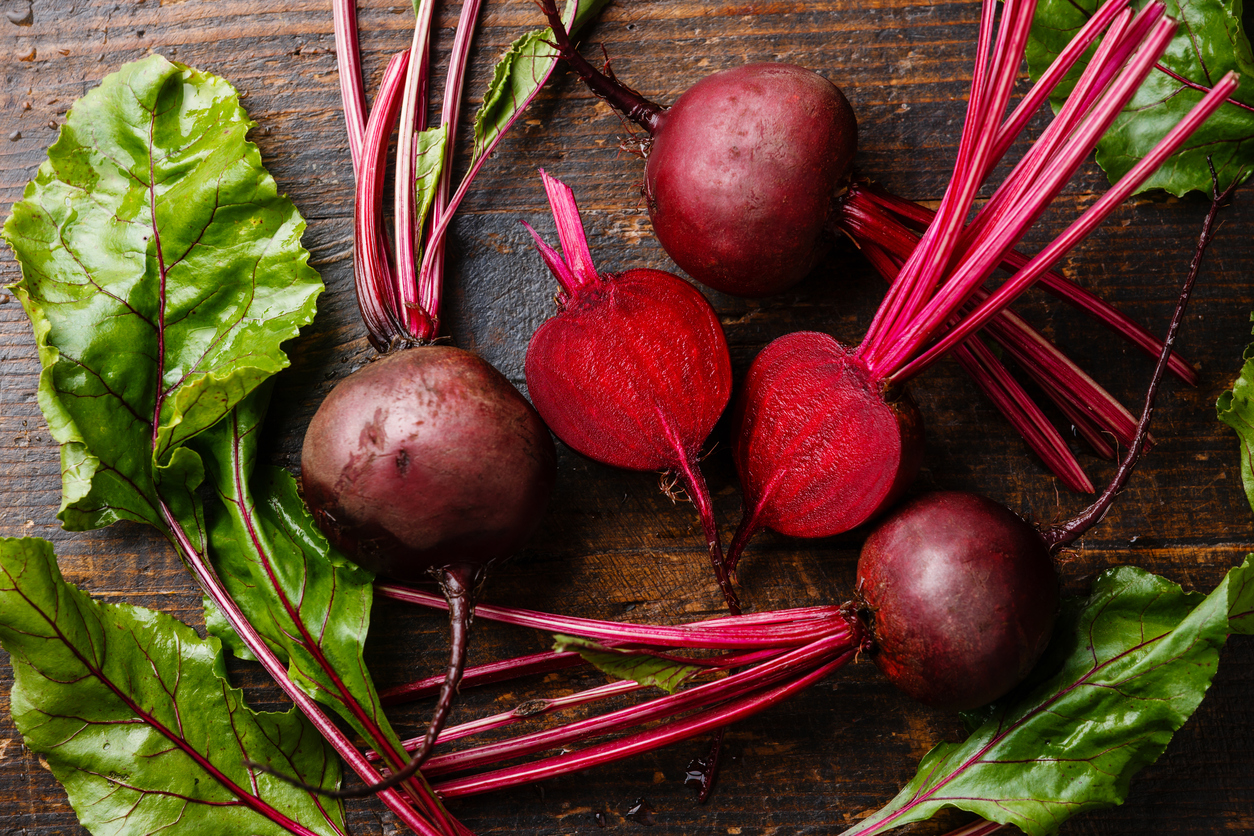
Beetroots:
The beetroot found in winter is very nutritious. Hemoglobin increases in the body because of this red colored vegetable, because iron is very much in it. Apart from this, beetroot contains many other nutrients, which make it nutritious. One cup of this contains 276 mg vitamin A, 697 micrograms of vitamin K and only 19 calories. Beetroots are one of the best vitamin k sources.

Kale:
Among the leafy vegetables, vitamin K is found in Kale. Kale is like cabbage. It is used as a salad. There are 1147 micrograms of vitamins in one cup of Kale. Kale is one of the best vitamin k sources.
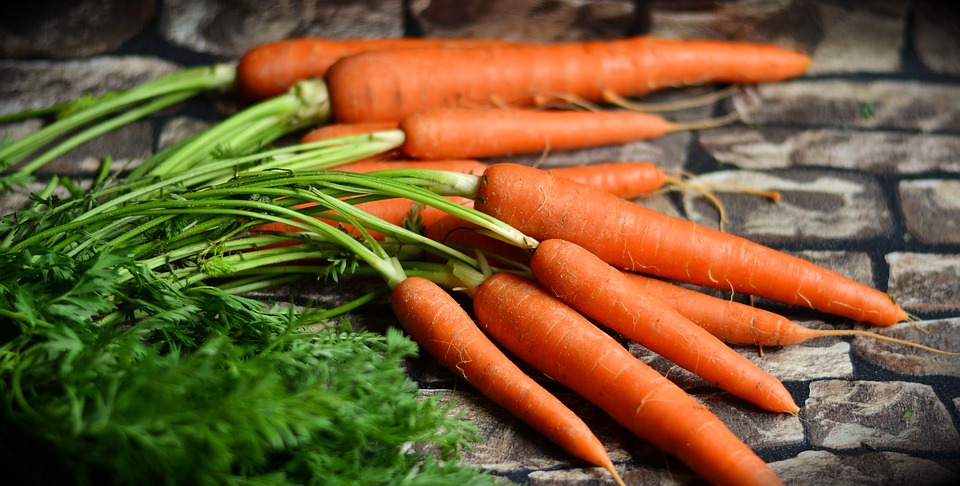
Carrot:
A half cup boiled carrot contains 10.7 microgram Vitamin K. By drinking its juice, the body gets more nutrients. This is another good source of vitamin k.

Basil:
Basil is a good vitamin K sources. This reduces the risk of cardiovascular disease because Basil transmits calcium to the arteries and also blocks the blockage in the arteries. One spoon of Tulsi contains 45 percent vitamin K Apart from this, it also prevents the plaque from being formed.

Cucumber:
Cucumber contains high amounts of vitamins, which is a better option for many health-related problems. It helps control weight and burns fat as well. There is 61 percent vitamin-1 in medium cucumber. This is one of the best vitamin k sources.

Kiwi:
Kiwi has many nutrients like folate, potassium, vitamins that help in protecting the body from infection. Kiwi intake also helps in keeping your heart healthy. There is 40 mg of vitamin K in 100 grams of kiwi. Kiwi is another good vitamin k sources.
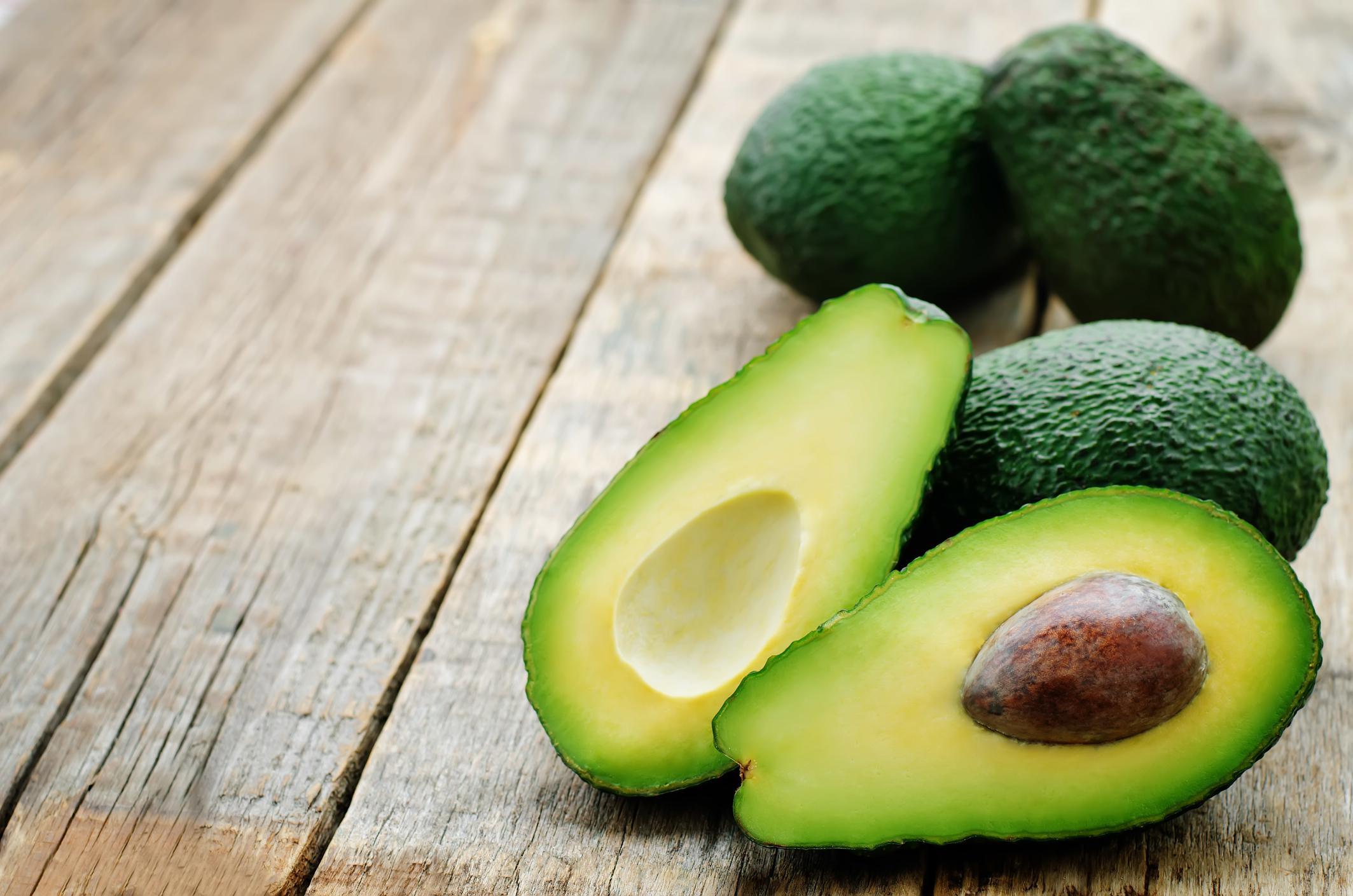
Avocado:
Avocado has many nutrients like Vitamin K, Folate, Vitamin C, which help in keeping the body healthy. Avocado consumption is also beneficial for keeping the heart healthy with weight loss. There are 21 MCG vitamins in 100 grams of avocado.
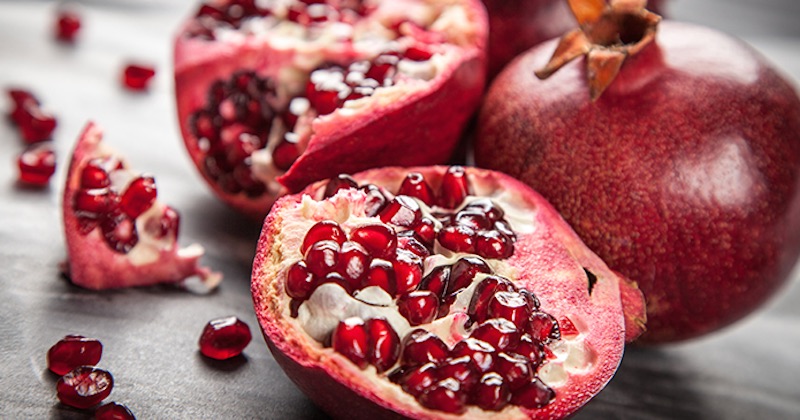
Pomegranate:
Pomegranate is consumed to increase blood volume in the body. The nutrient present in the pomegranate helps to remove many problems with the skin, keeping the heart healthy. 16 gm of vitamin C is found in 100 grams of pomegranate.
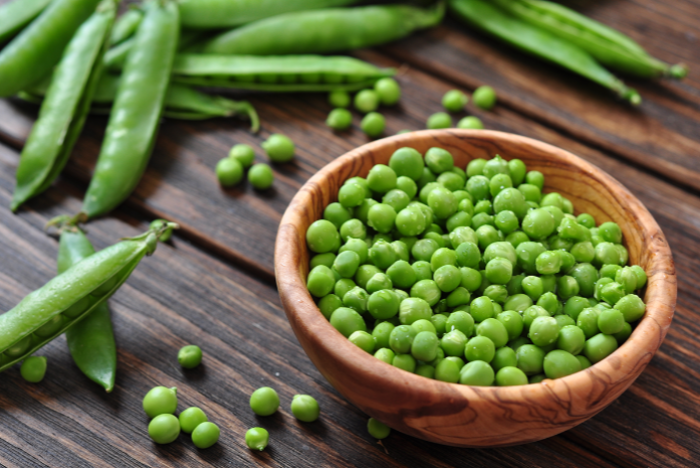
Green Pea:
Most people like peas intake. It is also considered beneficial to consume raw peas with vegetables. In the 100 grams of green peas, 26 mg of vitamin K is made. This is another good vitamin k sources.
Vitamin K intake is necessary for keeping the body healthy. You can eat some foods for this.